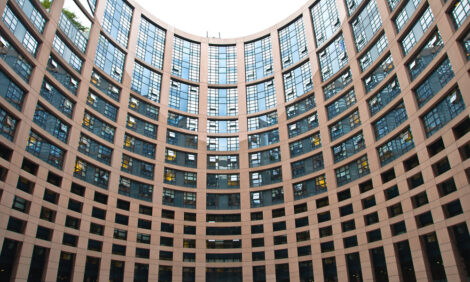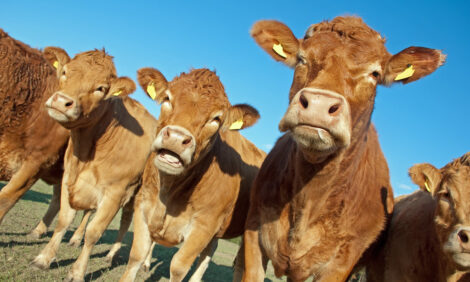



FAO-EU Project to Promote Climate-Smart Farming
GENERAL - FAO and the European Commission have announced a new €5.3 million project aimed at helping Malawi, Viet nam and Zambia transition to a "climate-smart" approach to agriculture.Agriculture — and the communities who depend on it for their livelihoods and food security — are highly vulnerable to climate change impacts. At the same time agriculture, as a significant producer of greenhouse gases, contributes to global warming.
"Climate-smart agriculture" is an approach that seeks to position the agricultural sector as a solution to these major challenges.
It involves making changes in farming systems that achieve multiple goals: improving their contribution to the fight against hunger and poverty; rendering them more resilient to climate change; reducing emissions; and increasing agriculture's potential to capture and sequester atmospheric carbon.
"We need to start putting climate-smart agriculture into practice, working closely with farmers and their communities," said FAO Assistant Director-General for the Economic and Social Development Department, Hafez Ghanem.
"But there are no one-size-fits-all solutions — better climate-smart farming practices need to respond to different local conditions, to geography, weather and the natural resource base," he added.
"This project will look closely at three countries and identify challenges and opportunities for climate-smart agriculture and produce strategic plans tailored to each country's own reality," Mr Ghanem said.
"While not all solutions identified will be universally applicable, we can learn a lot about how countries could take similar steps and begin shifting to this approach to agriculture."
Tailor-made solutions
The EU is providing €3.3 million to support the effort; FAO's contribution is €2 million.
Working closely with agriculture and other ministries in each of the partner countries, and collaborating with local and international organisations, the three-year project will:
- Identify country-specific opportunities for expansion of existing climate-smart practices or implementation of new ones;
- Study the constraints that need to be overcome to promote wider adoption of climate-smart agriculture, including investment costs;
- Promote integration of national climate change and agricultural strategies to support the implementation of climate-smart agriculture;
- Identify innovative mechanisms for linking climate finance with climate-smart agriculture investment;
- Build capacity for planning and implementing climate-smart projects capable of attracting international investments.
FAO will take the overall lead on the project, working in partnership with national policy and research institutions, as well as global organizations such as the Global Crop Diversity Trust.
By tackling the urgent need to incorporate climate change concerns into agricultural development planning, this new project represents a concrete step forward, said Mr Ghanem. "The problems of climate change are increasingly being felt on the ground, and thus early actions to address the problem are needed, even as international negotiations continue in the search for a global climate agreement," he said.
TheCattleSite News Desk


